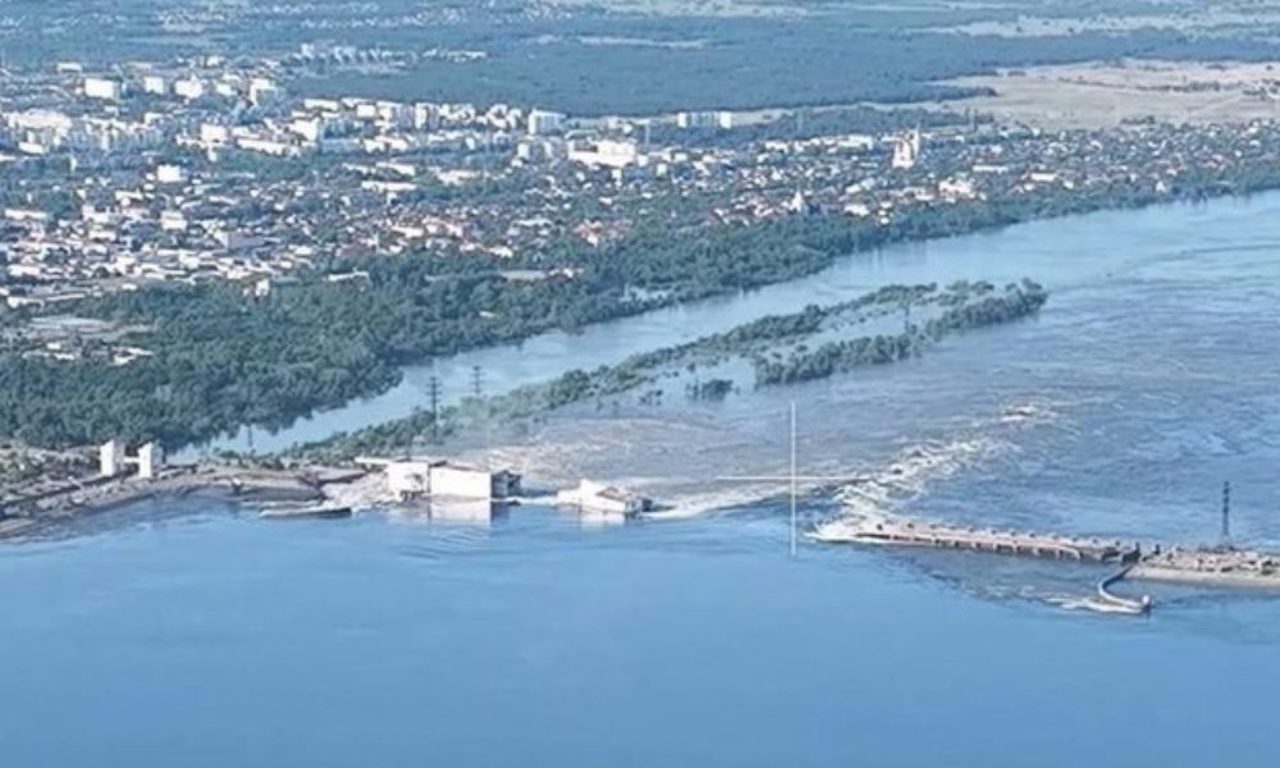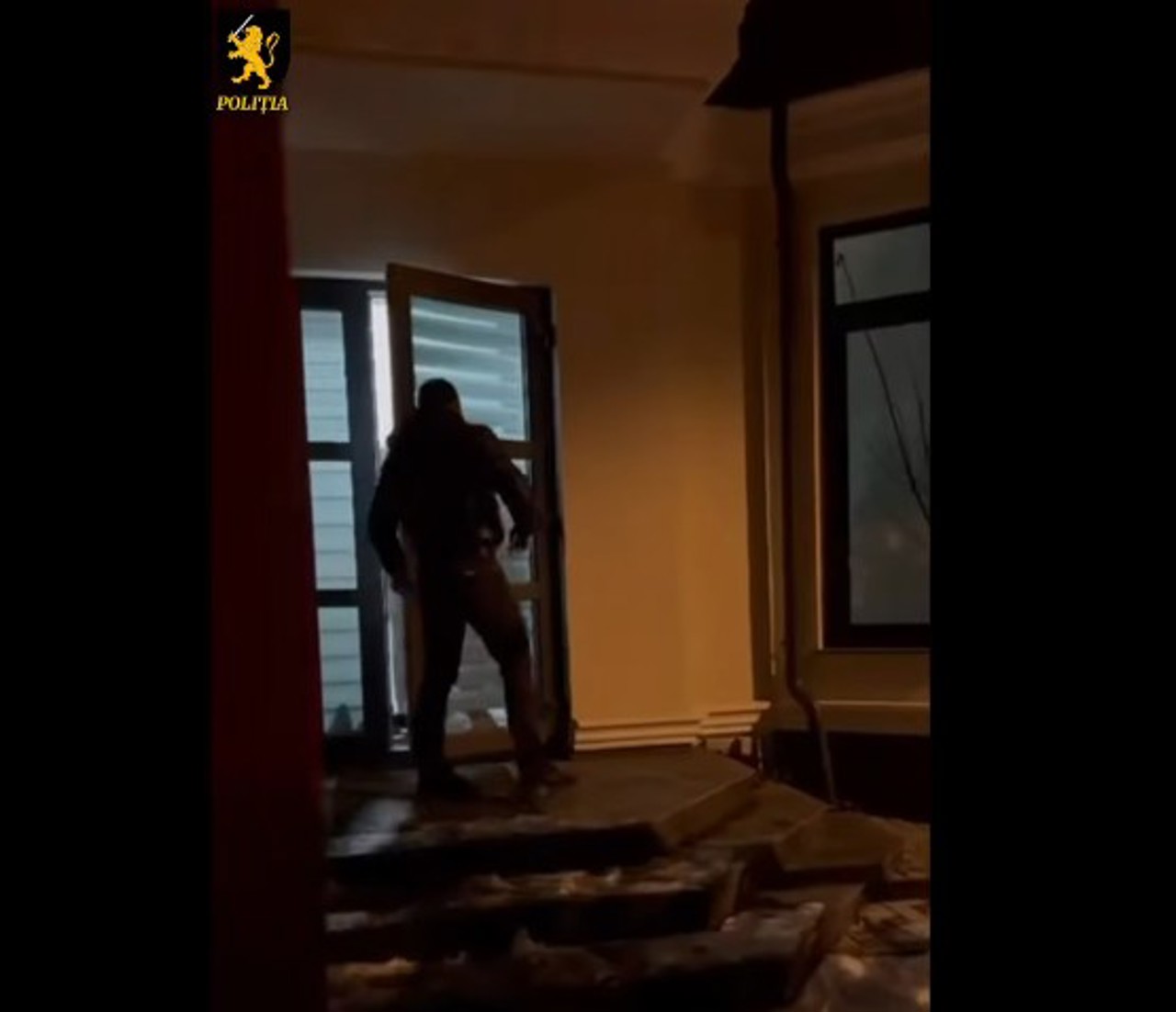INTERNATIONAL PRESS REVIEW: Destruction of the Nova Kakhovka dam a "turning point" for the war in Ukraine
The destruction of the Nova Kakhovka dam in Ukraine is front-page news in major European and overseas publications, as you will read in Mariana Colun's international press review. Journalists around the world are writing about the possible perpetrators of the sabotage and the aftermath of the disaster.

The BBC notes that while it is unclear how widespread the flooding will be downstream, there are fears it could be devastating to settlements in a critical area, home to about 16,000 people.
It is unclear who is responsible for the destruction of the dam: Kiev blamed Russian forces, while Moscow said it was Ukrainian sabotage. The Guardian's columnists, note that while it has not yet been confirmed exactly how the great dam at Nova Kakhovka was blown up, it is the Russian military that cynically would think it has the most to gain. Ukraine will have to deal with the destroyed dam, plus the unprecedented environmental and long-term humanitarian consequences, headlines the British publication.
Experts consulted by Newsweek wonder whether Putin, if he is behind the dam's destruction, has given up on Crimea, as the Kakhovka reservoir feeds a key channel to the peninsula.
"By flooding the area, the Russians could prevent Ukrainians from moving south overland along the eastern bank of the Dnieper in an attempt to drive the Russians out of the Herson region," Andrii Pidlisnyi, a captain in Ukraine's southern armed forces, said in a commentary for the Washington Post.
By destroying Ukraine's dams, Putin is following in Stalin's footsteps, say columnists at The Telegraph. "This will not only disrupt the strategy of Ukrainian troops, but may play a crucial psychological role in the conflict," they note.
Ukrainian officials, quoted by Politico, insist that the destruction of the Nova Kakhovka dam will not stand in the way of Kiev's counter-offensive.
Le Figaro columnists note that the war in Ukraine is now at a turning point, when it is no longer relevant who benefits from sabotage, or the consequences for the operation of the Zaporizhia nuclear power plant could affect everyone.
The destruction of the dam has been met with shock and outrage across Europe. Across the continent, critical reactions emerged as the scale of the disaster became clearer. NATO Secretary General Jens Stoltenberg, quoted by Euronews, called it "an outrageous act, demonstrating once again the brutality of Russia's war". The president of the European Council, Charles Michel, also stressed that Russia would have to answer for the attack, calling it a "war crime", writes Le Monde.
The Ukrainian publication EastFruit calls the destruction of the dam "a crime against world food security", as the upstream reservoir served a huge irrigation system that supported agricultural activity in the drought-prone and desertification-prone southern regions of Ukraine.
Some international publications admit, however, that the Kakhovka dam may have collapsed on its own due to previous damage. Financial Times journalist Christopher Miller, comparing satellite images from 28 May and 5 June, noted that by this time part of the road over the dam and the sluice gates had already been damaged, while Washington Post journalist Evan Hill also pointed out that before the dam broke, the water in the Kakhovka reservoir was at a very high level.





